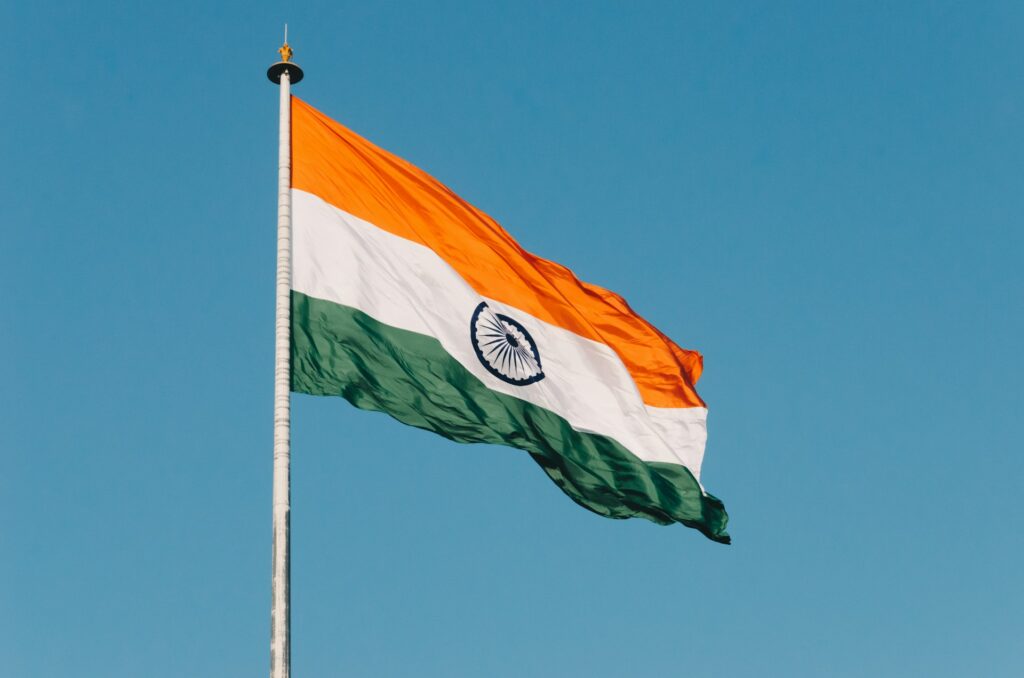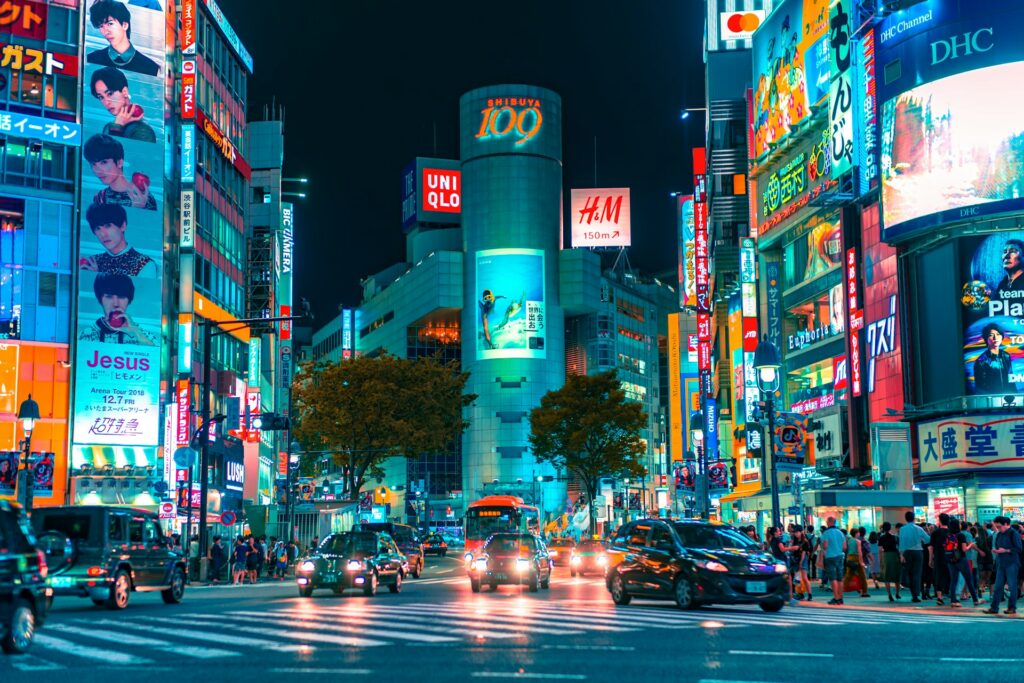Intro
India is the world’s largest democracy. It has been fighting the sneaky problem of corruption for many years. This issue has spread to many parts of society. It continues to slow the nation’s progress.
This article looks at the severity of corruption in India. It covers its causes and effects on the economy and society. It also covers its link to politics and the efforts to stop it.
The Scale of Corruption in India

In India, corruption is common, not isolated. It has entangled both the public and private sectors. It isn’t limited to one form. Instead, it shows up in many ways, such as bribery, tax evasion, money laundering, and nepotism. Corruption is everywhere in society. It paints a grim picture. We can look to Transparency International’s Corruption Perceptions Index to quantify this issue. In 2020, this global corruption barometer ranked India 86th out of 180 countries. It showed that the problem is widespread.
This is not an issue in one area. It is a web of deceit and dishonesty that touches every corner of the country. The commoner is coerced into paying bribes for public services. Corruption has seeped into Indian society. It ranges from small bribes to large embezzlement by officials. This system issue demands an urgent response. The response must be comprehensive to reduce its far-reaching impacts.
The Root Causes of Corruption in India

Peeling back the layers of India’s corruption reveals many contributing factors. At the core lies a tangled bureaucracy. It keeps things inefficient and fosters an environment ripe for crime. The public has to navigate through complex red tape to access essential services. This often leads to frustration and bribery.
They are underpaid and often overworked. So, they might resort to shady practices to add to their income. Poor public service delivery helps corruption. It is no surprise that it thrives there. However, it isn’t just the system and its inadequacies that fan the flames of corruption.
Society accepts corruption. It is not spoken about openly. This acceptance plays a crucial role. It creates a vicious cycle. Corruption has become a regular part of life. Also, the lack of solid laws and oversight lets corruption thrive.
These elements create a culture where corruption takes root. It spreads across the nation’s politics and society. Recognizing these root causes is the first step. Understanding them is next. This understanding is critical to making effective anti-corruption strategies.
The Impact of Corruption on the Indian Economy

The domino effect of corruption on India’s economy is a grim tale. A significant victim of this vice is investment. Corruption is rising. It casts a dark cloud of uncertainty. It deters local and international investors from putting their capital into the country. The reluctance to invest causes a ripple effect. It slows the nation’s growth and development. Imagine a scenario where these investments were welcomed. They would foster an environment where businesses could thrive. That would create more jobs and add to the economy’s overall prosperity. But, alas, corruption derails this ideal trajectory.
Let’s visualize public resources as a stream. It’s meant to flow to the needs of the people. However, corruption acts as a dam, misdirecting these resources from their rightful destinations. As a result, the nation sees a skew in wealth distribution. Income disparity is growing.
A key point to remember is that corruption is not just an idea. It’s a real roadblock that hinders the efficient use of public resources. Millions in the country still struggle with poverty. Misuse of these resources is like a body blow. It worsens economic challenges. It holds back India’s journey to a fair and prosperous future.
The Social Consequences of Corruption

Corruption has profound and far-reaching effects on society. Corruption’s harm isn’t just economic. It ripples through society, creating waves of inequality and distrust. Most prominently, corruption chips away at the public’s faith in governmental institutions. It upends the social contract. This is the unwritten agreement between citizens and their government. It forms the foundation of any democratic society.
Corruption also plays a crucial role in widening socio-economic gaps. Picture corruption as a sinister puppeteer. It pulls strings to take resources meant for the public. This is especially true for the marginalized. The result? There has been a significant increase in social and economic disparities. The rich grow richer while the vulnerable grapple with the aftermath. It’s all due to this dishonest diversion of resources.
The socially disenfranchised bear the brunt of corruption. They often face bureaucratic apathy and scarce resources. They must use corrupt means to access public services. Or they will be trapped in deprivation.
Corruption finally causes dishonesty and unethical behavior. It erodes society’s moral fabric. It sends a discouraging message to the young: honesty may not be best. This is true in the face of systemic corruption.
In short, corruption hurts the nation’s wealth. It also harms its well-being. It undermines the promise of a fair society and a fair shot at progress for all. In the fight against corruption, it’s not just about saving pennies. It’s about keeping principles and restoring public faith.
Corruption and Politics: An Unholy Nexus

Politics and corruption in India are sadly connected. This connection muddies governance and trust in society. In many cases, political authority becomes an unbreakable shield. It safeguards illicit activities and deepens the cycle of corruption in society.
This unholy nexus is most evident in the electoral process. Elections need lots of funding. Much of this money is often shadowed in mystery. It comes from untraceable or questionable sources. Secret financing is the perfect breeding ground for corruption. It makes it hard to separate politics from corruption.
Corrupt people can use political power to escape prosecution and scrutiny. This is equally troubling. This action continues their illegal acts. It also erodes the public’s faith in politics. The higher they are in politics, the more their corrupt influence spreads and harms.
Politics and corruption are converging. They create a disturbing echo chamber where evil actions are amplified, not silenced. This threatens India’s democracy. It’s an intricate puzzle that requires more than just administrative measures to solve, highlighting the need for broader political reform, stricter regulation, and increased transparency in the political process.
India continues to grapple with this complex issue. Fighting corruption cannot be done alone. Ending this mix of politics and corruption is crucial. It is critical to the giant fight against corruption. Only then can India restore faith in its political system.
Efforts to Combat Corruption in India

The struggle against corruption in India is akin to an uphill battle. Yet, noteworthy steps have been taken to stem the tide. We can look at enforcing strict laws like the Prevention of Corruption Act. It lays down the law for those who might stray off the straight path. Unique bodies have also been set up to watch for corruption. They keep a vigilant eye on potential cases. The Central Vigilance Commission and the Lokpal are the guardians in this battle. They monitor the corridors of power for signs of misconduct.
But the fight against corruption isn’t just in court or government offices. It is also happening in the public. The Right to Information Act has helped promote transparency. It has empowered the public to hold their government accountable. This Act is like handing over a flashlight to the public. It lets them pierce the shadows where corruption might lurk.
A significant milestone in this ongoing battle was the controversial demonetization initiative in 2016. It invalidated most of the nation’s currency overnight. The move was bold. It aimed to find illegal wealth and stop corruption.
The journey towards a corruption-free India is long and winding. These initiatives are crucial steps forward. But, the path to eradicating corruption still stretches far.
The Way Forward: How to Eradicate Corruption?

The journey to a corruption-free India is more than just fixing symptoms. It requires addressing root causes. Streamlining the labyrinthine administrative system can make public service more accessible and less prone to illicit activity. A big raise in public officials’ salaries can also cut the temptation for bribery. It can make it easier for them to stay honest.
But it’s not just about changing systems; it’s about shifting mindsets, too. Societal attitudes that normalize corruption must be transformed. It’s time to foster a culture where honesty and integrity are prized, not penalized.
Transparency, the foe of corruption, must be ushered into every nook and cranny of public life. The common man has the Right to Information Act’s flashlight. They must be encouraged to shine it on any suspicious shadows.
Moreover, we must remember that accountability is the twin sister of transparency. Robust oversight mechanisms must be reinforced to ensure that everyone, regardless of position, is accountable for their actions.
Finally, we need to pack a punch with our penalties. Harsher penalties for corruption can deter people. They make anyone think twice before being dishonest.
The path to ending corruption is rugged and winding. But every small step forward brings India closer to a future free from corruption. In the future, the nation will spend its wealth wisely. It restores the public’s faith and realizes India’s potential. It’s a future worth fighting for.



